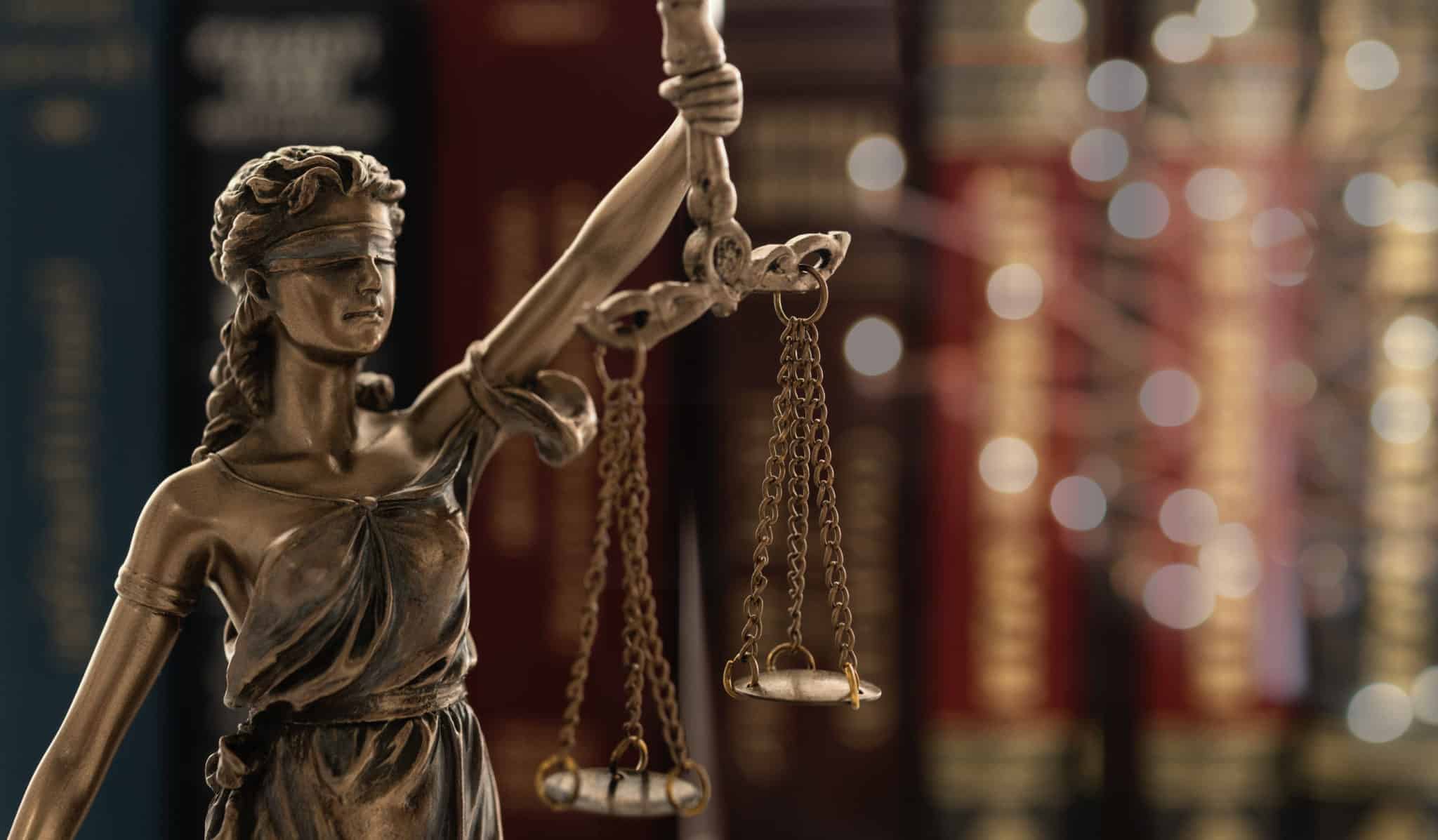Obstruction of justice may appear in dramatic movie courtroom scenes, but it can, and sometimes is, charged as a real criminal offense—one that carries significant consequences – especially when charged at the federal level.
What sort of actions constitute “obstruction of justice,” and what are the penalties you face if you are charged with it and subsequently found guilty? Read on to find out more about this crime.
Obstruction of Justice: What Is It?
On the most basic level, obstruction of justice occurs when someone acts in a way that purposefully interferes with or impedes a prosecution or investigation by the government. The reason for laws against such interference: To protect the criminal justice process. These rules apply to anyone involved in a government investigation: from the prosecution to the people investigating the crime, as well as those who may be a subject to or a witness in the investigation.
Most federal obstruction of justice charges brought at the federal level are against those who knowingly or willfully interfere with a court proceeding or investigation. It includes crimes such as destroying evidence, witness tampering, and bribing a jury.
Specific Obstruction Crimes
Some of the more common obstruction crimes and their penalties include:
Concealing, Destroying, or Falsifying Records
In a federal investigation, it is illegal to conceal, destroy, or falsify records with the intent to influence or obstruct the investigation. In fact, if you are found guilty of destroying evidence, then you can face up to 20 years in federal prison as a result.
However, to convict someone of this crime, the government has to show that the falsified or destroyed documents were relevant to the matter, and that the defendant took the actions they did in an attempt to obstruct a pending or potential investigation.
Witness Tampering
It is prohibited by law for someone to prevent victims or witnesses from reporting crimes or acting in accordance with law enforcement. It is also illegal to bribe someone in order to have them delay or stop the pursuit of information in an investigation. If someone is found guilty of witness tampering, they can face up to five years behind bars.
To prove someone tampered with a witness, prosecutors must demonstrate that the person charged behaved with the intent to obstruct the investigation.
Bribing a Jury
It is also against the law for someone to try to influence a jury or an officer of the court. The government must show that a person communicated with or took action that implicated the jury or others involved, and that they intended to influence the outcome of the case. Several types of actions constitute influencing or impeding a jury member or court officer:
- Harassing them
- Swaying them through others
- Bribing them
Any of these federal obstruction of justice charges are serious. The penalties may vary based on the facts of each specific case, but some consequences can be quite severe. You are almost certainly going to face jail time and fines, which is why it’s vital to understand the charges against you and your rights when charged with a crime as serious as this.
If you are facing federal obstruction of justice charges, do not delay in securing an experienced attorney who can help you form the most robust defense against these charges possible.





